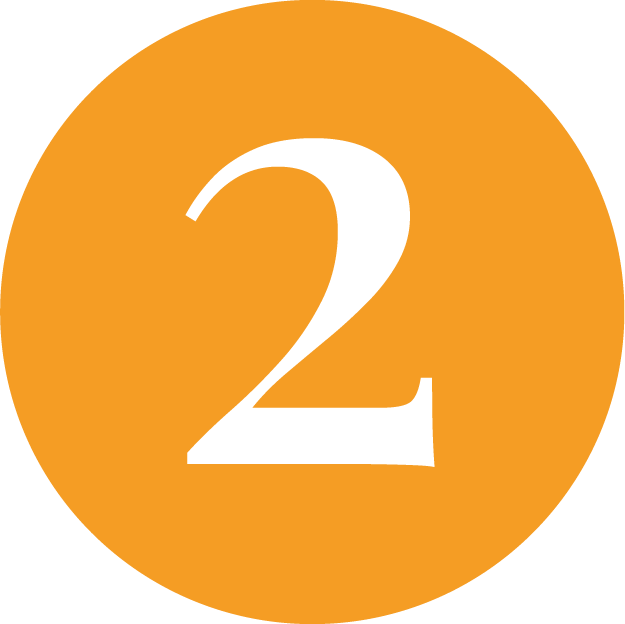Search Green Earth
-
Services
-
Products
-
Nature-based solutions
-
Stakeholders
-
How it works
-
Green Earth
-
Investor information
-
Group services
-
Insights
-
Sessions & Guides
Search Green Earth
It looks like you’re browsing from Netherlands. Click here to switch to the Dutch →
x
LATEST ARTICLE
Stay in the game: What CSRD means for supplier carbon footprints in 2026 Read Article



















